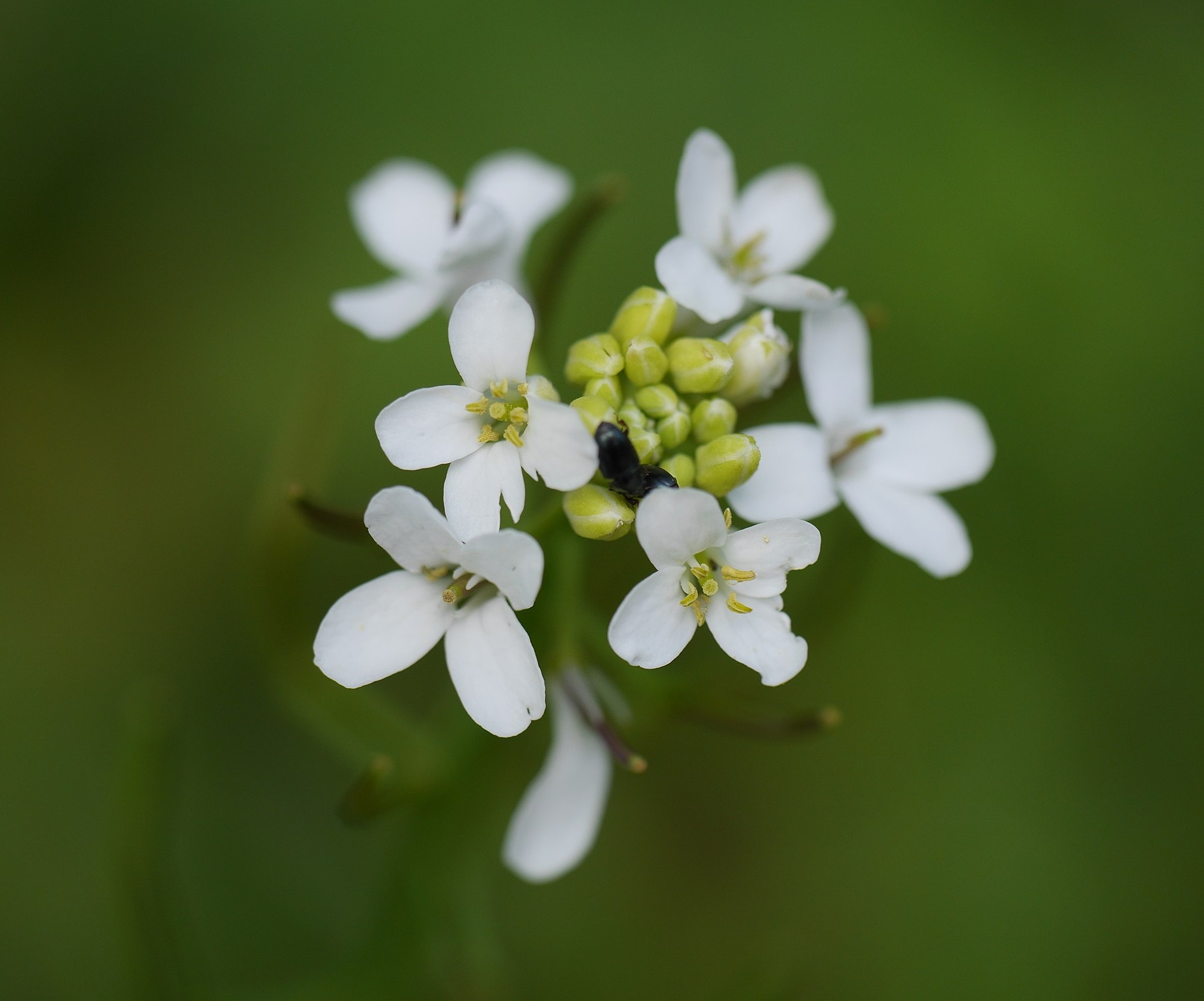Epigenetics researchers at WID examine how the epigenome — the layer of chemical information that sits on top of the genome — switches genes ‘on’ or ‘off’ and is controlled by outside factors such as lifestyle and diet. Research in this area focuses on the molecular, chemical, and physical components underlying epigenetic mechanisms and utilizes genomic, proteomic, and biochemical methods to reveal novel epigenetic information and mechanisms. We are investigating how extrinsic factors (diet, small-molecules, metabolism and environmental factors) influence the epigenome and control cellular decision and are developing new technologies to uncover and interrogate the epigenetic code written in chemical tags.
As part of WID’s Multi-Omics Hub, the Epigenetics Initiative reaches out to foster interdisciplinary collaborations with basic and translational research in epigenetics and chromatin function.








